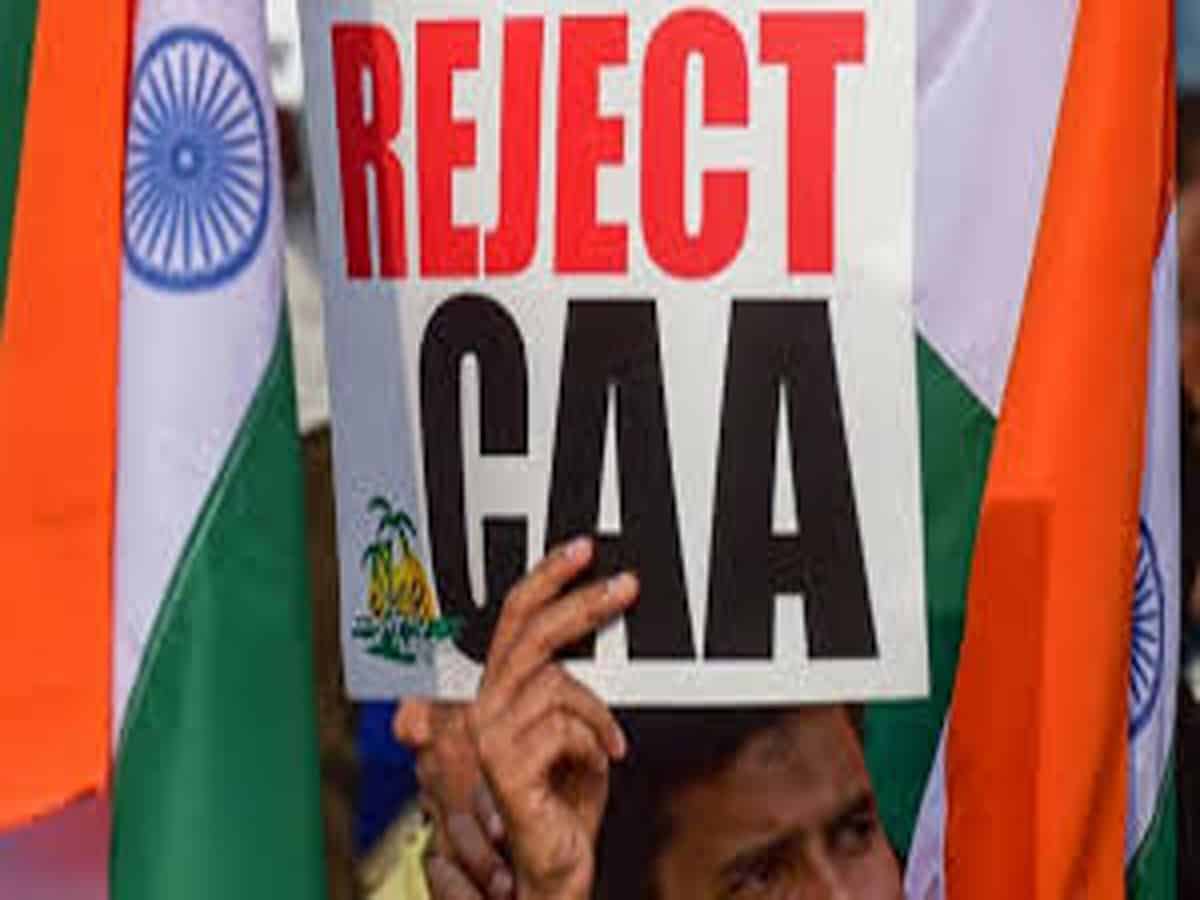Amir Ullah Khan and Riaz F. Shaikh
Citizenship has a noticeably clear economic perspective. People migrate to countries that have economic opportunities. These immigrants bring to their adopted new countries new skills, passion and expertise. Of the three factors of production, land is immobile, bit labour and capital can move and the faster they move the more agile is the economy. Any attempt at curbing the movement of either of these two factors of production makes the economy sluggish. The ongoing debate on citizenship laws needs to also focus on the economic aspect of this important issue.
Prof Jeemol Unni and Abhishek Preetham in their latest paper follow the trajectory of the concept of citizenship in India from its initial discussion in the constitution through the various amendments to the Citizenship Act. They go beyond traditional citizenship to consider the concept of ‘economic citizenship’ in academic theory as well as in the Indian context. Their paper also attempts to put a rupee figure on the economic loss due to social unrest, such as riots and public disturbance.
Starting with the significance of the ‘state’ as the most important, powerful, and sovereign institution, the authors identify citizens as one of the crucial pillars of the state (along with territory, government, and sovereignty), and go on to discuss citizenship in detail. Citizenship has evolved from the exclusionary idea of free males who had the right to participate in public affairs to the modern ideal of inclusive and equal citizenship for all with its attendant rights and responsibilities. In India, citizenship was formally introduced only during the British colonial rule. The voluminous, comprehensive Indian constitution, despite being written over almost 3 years, found citizenship to be one of the most challenging concepts, and Dr Ambedkar publicly admitted that it was impossible to anticipate all future contexts of citizenship to address them.
Independent India enacted the Citizenship Act of 1955 after a lot of discussion and debate, and has had to amend it six times since. Though the earlier amendments were done for a specific requirement, the 2016 and 2019 amendments have been arbitrary and politically motivated, and circumvent various constitutional articles protecting religious rights, by invoking Article 11 which enables Parliament to regulate the right of citizenship by law. These have led to sharp increases in religious violence and religious restrictions, as seen in the spurt in the Social Hostility Index and Government Restrictive Index. Though it seeks to make a populist, political statement, the CAA-2019 in itself is not dangerous. It is only in conjunction with a biased implementation of the National Register of Citizens (NRC) that it can wreak havoc by discriminating against certain Indian citizens. Much like Mr Jack Sprat in the nursery rhyme who did not eat fat but licked the platter clean along with his wife who could eat no lean.
After this introduction to citizenship in the Indian context, Unni and Preetham delve into the idea of economic citizenship. It was first proposed by TH Marshall as an extension of citizenship to counterbalance the divisive forces of class inequalities in England, who saw the development of civil, political, and social citizenship as an evolving sequence. Implementing this in the Indian context is hard as the society is beset by linguistic, ethnic and religious fault lines and even in the presence of these rights, the state does not follow the obligation to guarantee the political and economic participation of all its citizens. A vast segment of the Indian population misses out on socio-economic citizenship through exclusionary legislative and bureaucratic activity at the lower levels of government and then remedial inaction at the higher levels of government. Harris-White, who has studied conditions in India extensively, includes market along with the state and defines economic citizenship as the embodying concepts of right to work, means to consume, invest and be entrepreneurial with an obligation to be taxed. Economic inequality limits or dampens civic and political participation, but the solution lies in greater participation.
In a separate exercise, the authors attempt to evaluate the economic impact of the CAA-2019 protests by quoting figures on property destruction in addition to the detentions and injuries. They also show that Foreign Direct Investments and State Domestic Product both decline when there is high social unrest. They provided a simple calculation of minimum wage losses for workers due to social unrest and public disturbances in different states. Unni and Preetham concluded that the CAA-2019 would have a significant negative impact on the idea as well as the implementation of economic citizenship, and would lead to discriminatory citizenship and draw global criticism.
India has a great tradition of accepting migrants, be it from strife torn Afghanistan and a struggling new country Bangladesh in the seventies or the Tamils from Sri Lanka in the eighties. This was a gesture that we made without any mention of the religion to which these refugees belonged. The new Act that specifically excludes Muslims is a first time for us. While it may not stand the test of judicial scrutiny given the basic structure of our constitution, it has given a big jolt to India’s inclusive image.
What is also important to note is that it has now provided justification for sub nationalities to emerge and make similar statements. The Madhya Pradesh Chef Minister has announced last week that his state would not allow farmers from other states to sell their produce in MP. Their trucks would be confiscated, and the farmers will be sent to jail. This is just one indication of how harsh and immature thoughts on migration and trade could lead to economic disaster. Jingoism does not further the cause of any business, and the economic cost of laws that make economic factors immobile is going to be very high. For both the consumers and the producers
Prof Amir Ullah Khan and Dr Riaz F Shaikh are Researchers at the Centre for Development Policy and Practice

